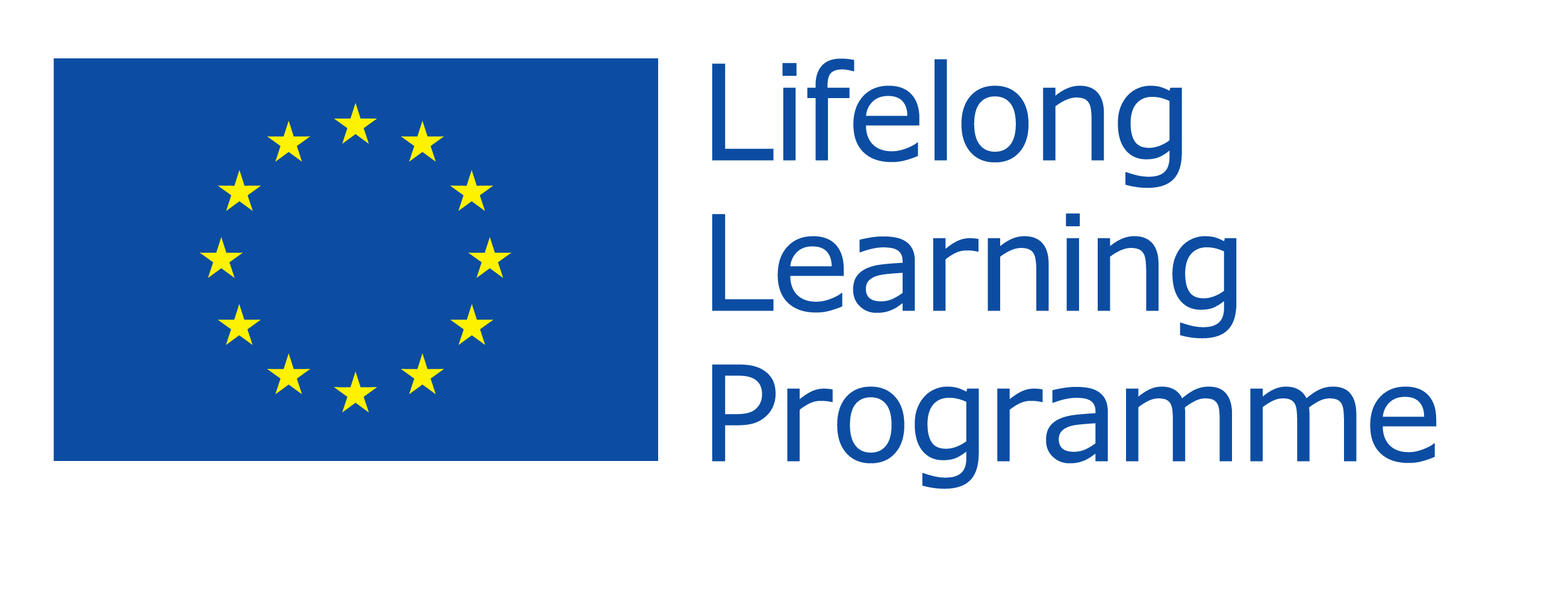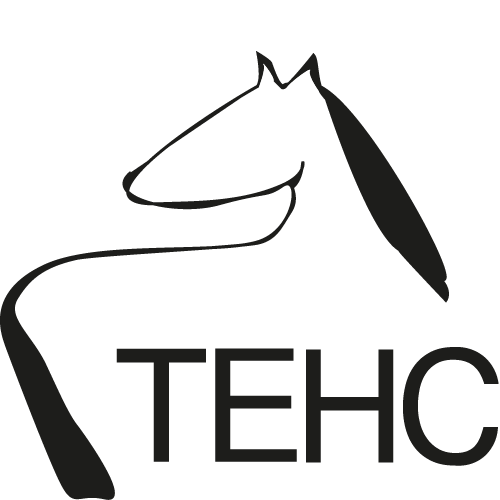Project Description
The projects aims at strengthening the sense of European citizenship through education and promotion of our common culture and history, to give a European dimension to the currently nation-oriented perspective of their thinking, learning and teaching, as well as to enrich the competencies of the professionals working in the related sectors. The focus of the project is set on the European aspects of history and culture beyond the national borders, which will allow us to make the common heritage accessible for the general public by offering a multilateral point of view to the historical and cultural processes in Europe. The participants in the project will be invited to discuss the cultural historical heritage of Europe with the aim to establish the cross-cultural links and reach a common perspective.
Objectives of the project:
- To strengthen the sense of European citizenship and identity through introducing a broader approach towards European history and culture
- To reinforce the cooperation among different organizations in Europe, working for the valorisation of the common cultural and historical heritage
- To enrich the competencies and knowledge of the professionals, working in the sectors related to the cultural and historical heritage, mostly those from the education field, but also those working in other related sectors
- To give a European dimension of the local and national heritage of the participating states, inscribing them in a multicultural context
The partnership activities are expected to lead to a new approach towards thinking about our common European history. The project will have impact as on the direct participants and guests of the planned workshops and conferences, as on indirect beneficiaries, such as learners, media audience, etc. The participants in the workshops and conferences – professionals in the fields of academia, education, media, NGOs, etc., from different European states will enrich their own knowledge on the common European history on the one hand, and will introduce this new approach towards European history, will put it into practice and disseminate it through their work in the institutions and organizations involved, i.e.: universities, educational institutions, media, non-governmental networks and others.
Three thematic four days long workshops will be organized in three different states on different epochs of European history.
- Ancient history - Çeşme, Turkey:
- Ancient Greek culture in the context of a European Community in antiquity
- The Ancient civilizations as a fundament of the modern European civilization
- Mythologies between facts and fiction
- Middle Ages – Aachen, Germany:
- Political and cultural relations between the West and the East
- Europe and religions – the relations among: Catholic Europe, Orthodox Europe, the Islam, the heresies
- The Medieval heritage in popular culture
- Modern history - Reims, France:
- Raise of nationalism and the World wars
- Cold war – political and cultural relations between the two sides of the Iron curtain
- European Union and the process of creation of a European identity

